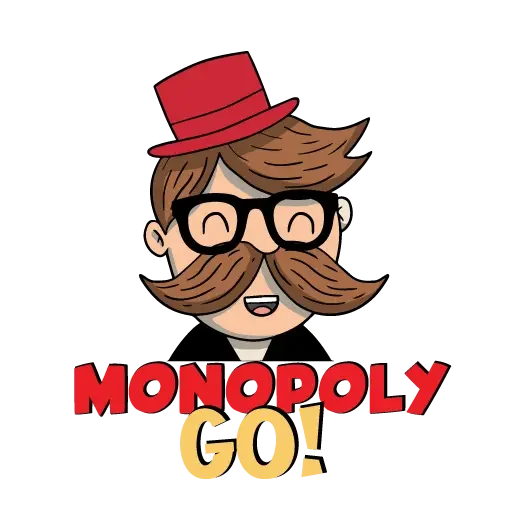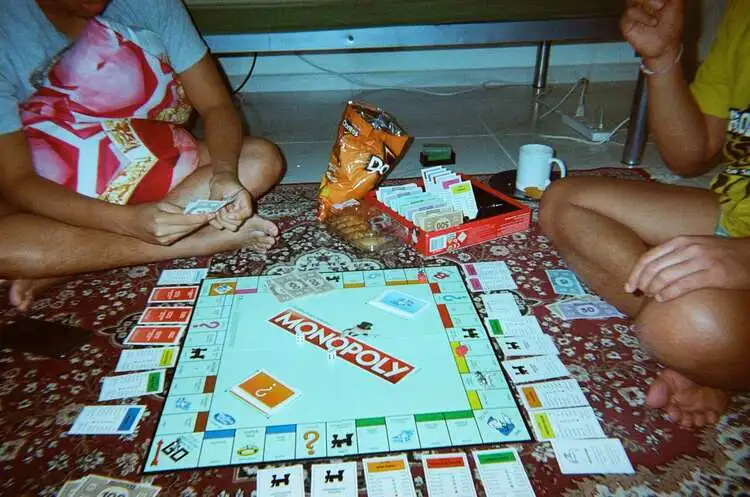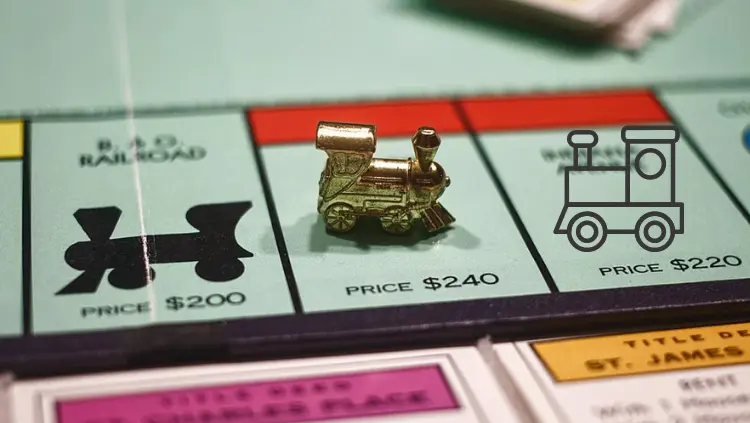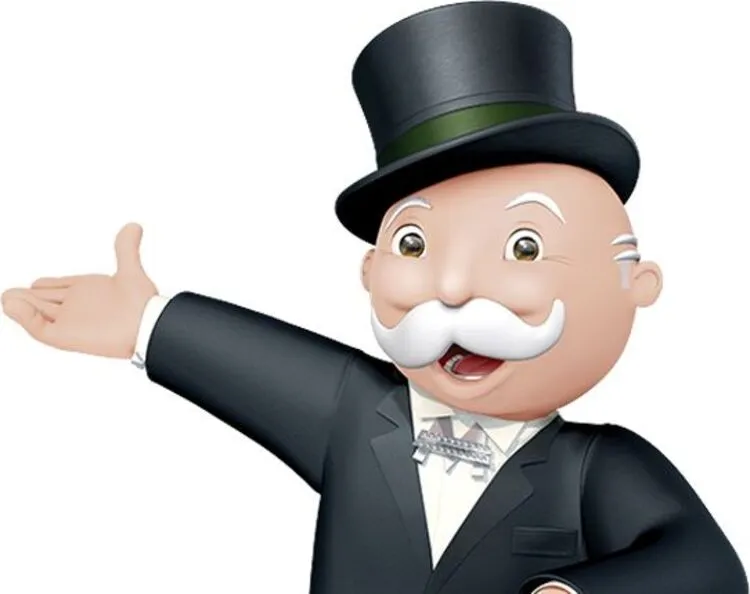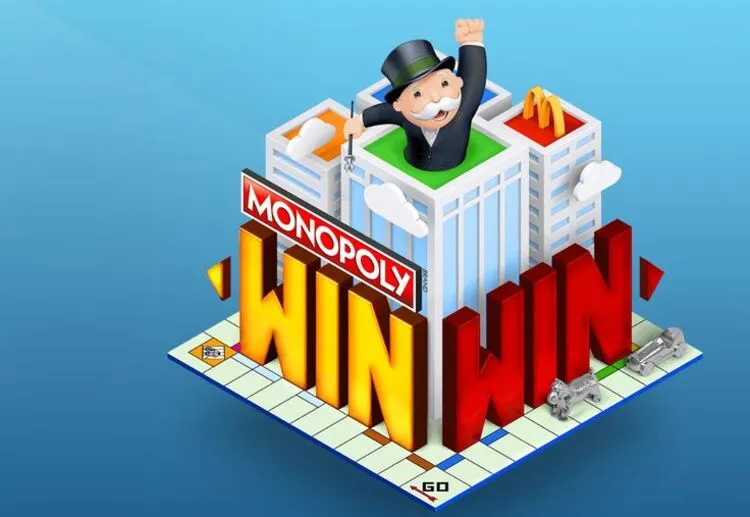In the realm of board games, Monopoly stands as an iconic classic, captivating generations with its blend of strategy, luck, and ruthless business dealings.
But have you ever wondered who the mastermind behind this game of financial conquest is? Let’s delve into Who Invented Monopoly and the minds that brought it to life.
Table of Contents
The Early Days of Monopoly

Who Invented Monopoly?
The roots of Monopoly trace back to the early 20th century when Elizabeth Magie, an American writer, inventor, and staunch advocate of the single tax theory, created a game called “The Landlord’s Game” in 1903. Her intention was to illustrate the economic theories of Henry George, promoting a system where land is taxed for the common good.
Elizabeth Magie’s Vision Unveiled
In 1904, Magie received a patent for her creation, “The Landlord’s Game”, which included the familiar elements of buying, selling, and renting properties. Despite her innovative approach to gaming, Magie’s creation didn’t gain widespread popularity initially.
Charles Darrow
Fast forward to the 1930s when Charles Darrow, an unemployed heating salesman during the Great Depression, stumbled upon Magie’s game. Struck by inspiration, Darrow made a few modifications, added the iconic street names, and patented his version of Monopoly in 1935. Little did he know that this adaptation would transform his life and the world of board games forever.
Darrow’s Big Break
Darrow presented his version of Monopoly to Parker Brothers, a major game manufacturer at the time. Initially rejected for being too complex, the game gained traction when Darrow self-published it. Its popularity skyrocketed, catching the attention of Parker Brothers, who eventually acquired the rights.
The Controversy and Alternatives

The tale of Monopoly’s invention is not without controversy. As Darrow’s version gained immense success, the role of Elizabeth Magie and other predecessors was overshadowed. The Parker Brothers, in their pursuit of Monopoly’s monopoly, secured various patents and copyrights, leading to legal battles and disputes.
Unveiling Forgotten Pioneers
Despite the controversies, it’s essential to acknowledge the contributions of early players like Lizzie J. Magie Phillips, who patented her own board game in 1924, “The Landlord’s Game.” This game had striking similarities to what later became Monopoly. Phillips’ story serves as a reminder that innovation often involves collaborative efforts and multiple iterations.
Alternative Versions of Monopoly
Over the years, Monopoly has seen numerous themed editions and spin-offs, showcasing its adaptability and enduring popularity. From classic editions featuring cityscapes to versions based on popular movies and TV shows, Monopoly continues to reinvent itself while staying true to its core gameplay.
The Legacy of Monopoly
Today, Monopoly stands as a symbol of strategic game play, financial acumen, and a touch of luck. Its legacy is not just confined to the board but has expanded into various digital platforms, ensuring its relevance in the digital age.
Digital Dominance
In the era of smartphones and online gaming, Monopoly has made a seamless transition. Mobile apps and online platforms have brought the classic board game to a new generation, fostering its timeless appeal.
Educational Value
Beyond entertainment, Monopoly has educational benefits, teaching players about money management, negotiation, and strategic thinking. Schools and educators often use the game as a tool to impart financial literacy in a fun and engaging manner.
Bottom Line
In the realm of board games, Monopoly’s origin story who invented Monopoly, legal battles, and a dash of unexpected success. From Elizabeth Magie’s early vision to Charles Darrow’s accidental twist of fate, Monopoly has come a long way, leaving an indelible mark on the world of gaming.
10 Useful and Unique FAQs with Answers
Who is credited with inventing Monopoly?
The credit goes to Charles Darrow, who adapted Elizabeth Magie’s “The Landlord’s Game” and patented his version in 1935.
What was Elizabeth Magie’s role in Monopoly’s invention?
Magie created “The Landlord’s Game” in 1903, serving as the precursor to Monopoly, with the intention of illustrating economic theories.
Were there legal disputes over Monopoly’s invention?
Yes, there were legal battles, with the Parker Brothers securing patents and copyrights, leading to controversies.
How did Monopoly become so popular?
Charles Darrow’s self-published version gained popularity during the Great Depression, catching the attention of Parker Brothers.
Are there alternative versions of Monopoly?
Yes, Monopoly has numerous themed editions and spin-offs, showcasing its adaptability.
What educational benefits does Monopoly offer?
Monopoly teaches money management, negotiation, and strategic thinking, serving as a tool for financial literacy.
When did Monopoly make the transition to digital platforms?
Monopoly seamlessly transitioned to digital platforms in the era of smartphones and online gaming.
What is the enduring appeal of Monopoly?
Monopoly’s enduring appeal lies in its timeless gameplay, strategic elements, and adaptability to various themes.
Who were the forgotten pioneers of Monopoly?
Lizzie J. Magie Phillips, who patented her own game in 1924, “The Landlord’s Game,” had similarities to Monopoly.
How has Monopoly evolved over the years?
Monopoly has evolved through various themed editions and continues to reinvent itself, staying relevant in the digital age.
